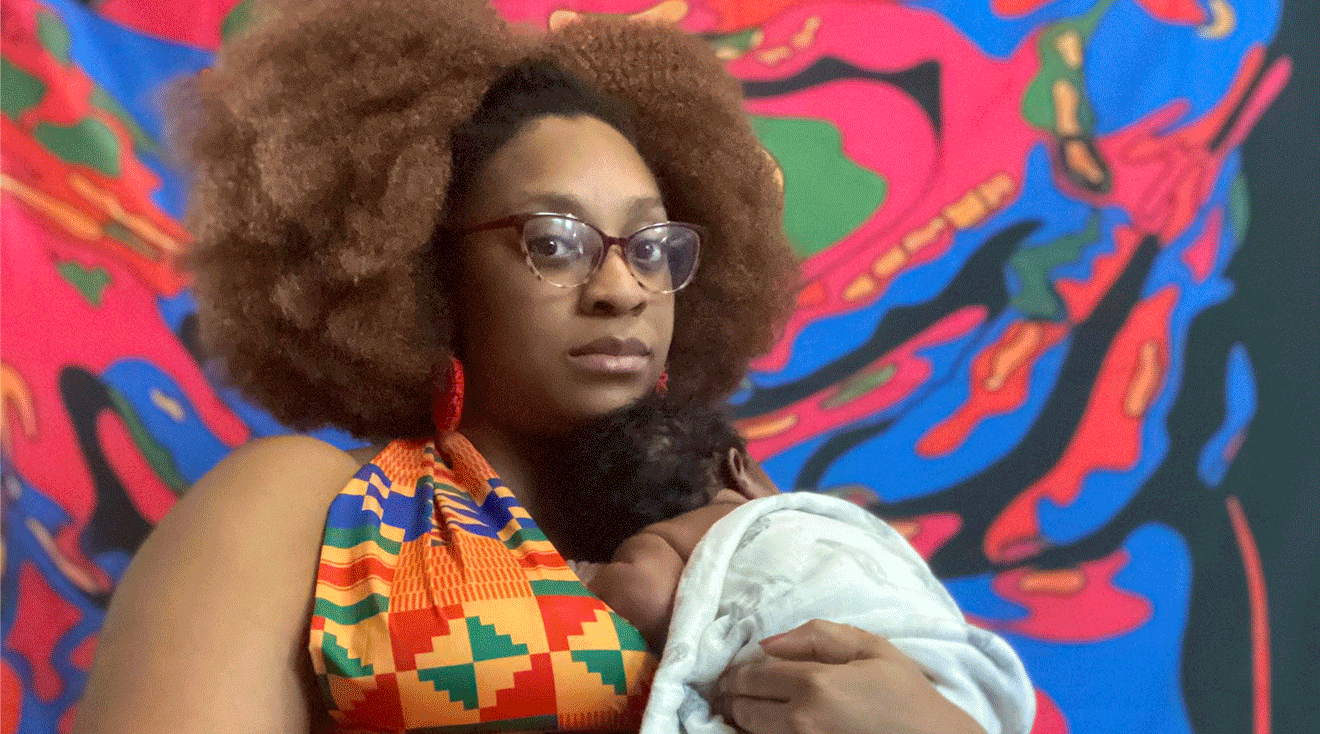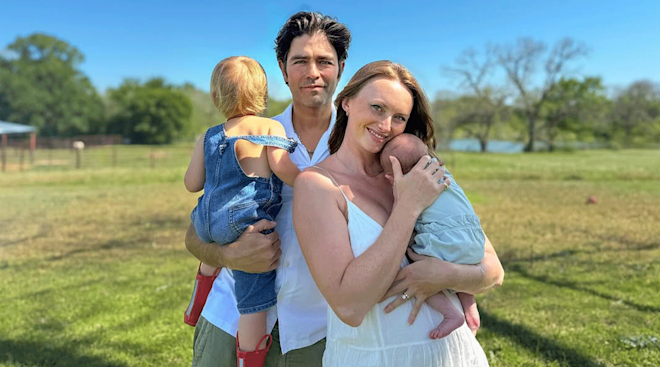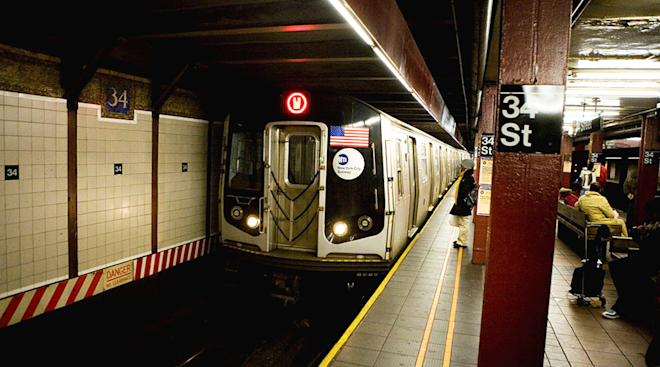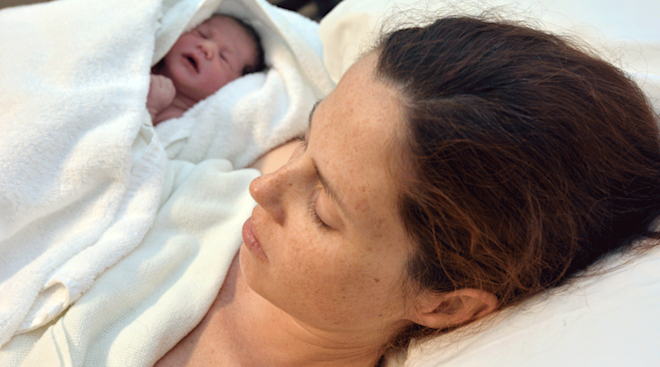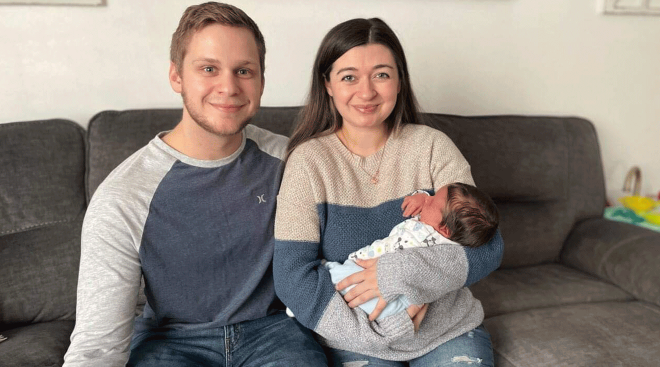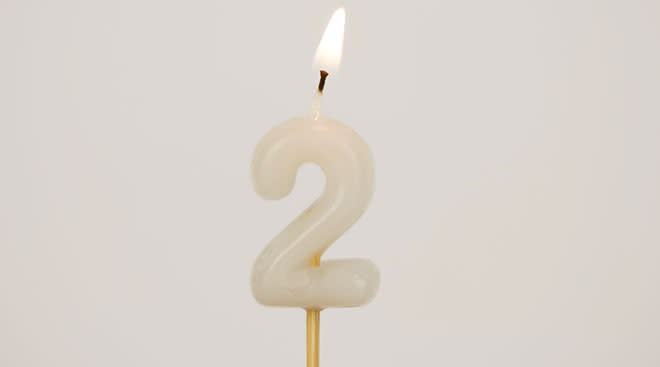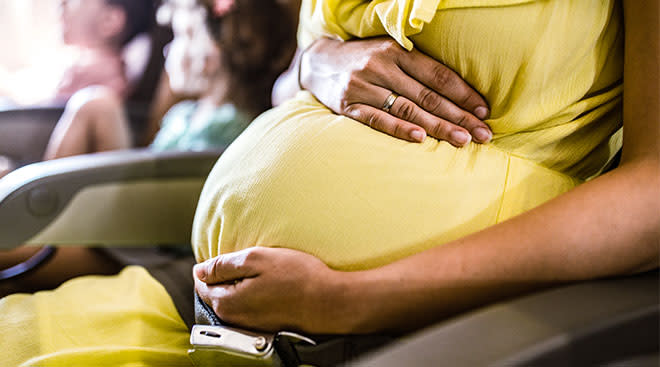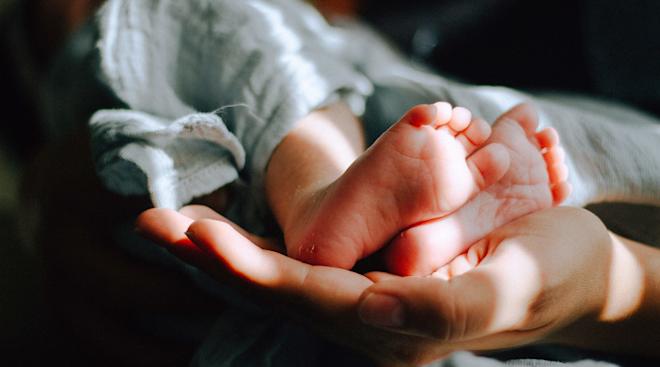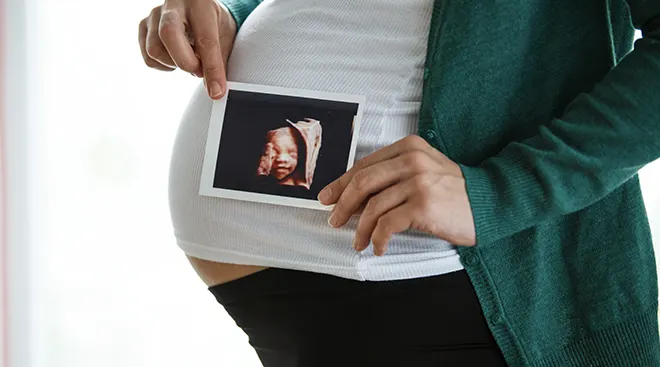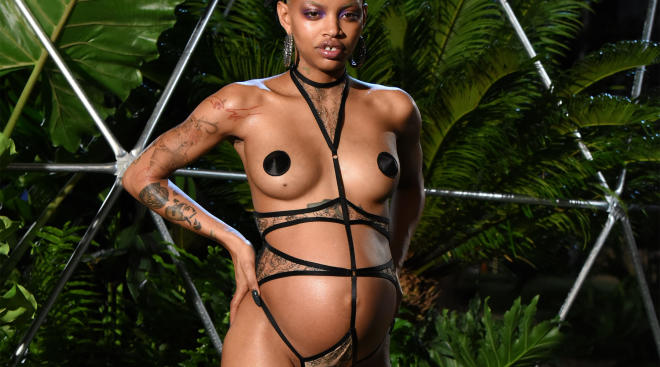My Home Births Made Me a Better Doula for Black Moms
Because I had home births for six of my seven children, as a South Phoenix Healthy Start community doula, I was able to help the Black women I served have hospital experiences that felt minimally clinical, and that centered around their desires to celebrate birth, rather than treat it like a medical emergency.
I decorated their spaces with their favorite snacks, colors and smells. I stayed by their sides as an oftentimes only familiar presence reminding them what they wanted for their birth. I walked through hospital hallways with them making small talk and offered birth balls to speed labor along or help them find relief. I encouraged them to make decisions based on facts and not their provider’s feelings, and I reminded them in the end that they had done a good job.
I was their certified professional assistant, yes, but my personal experiences with hospital and home birth heavily informed my approach to caring for and coaching them.
My home birth experiences helped me to better answer questions about pregnancy, labor and postpartum recovery because the Black student midwives responsible for my care always answered my questions thoroughly and respectfully. Because of my training as a doula, I knew which questions to ask, and I knew how to use and apply the information I received.
My out-of-hospital births have given me an intuitive understanding of birth, which helps me help Black women advocate for themselves. Knowing and trusting our bodies as Black women returns our autonomy to us in the most fundamental way. Birth is deeply personal, and as long as our ability to achieve it is manipulated by systematic timelines and rigid frameworks, our power is released to someone outside of us and we, as the birthing women, are diminished to arbitrary and unimportant decor in the labor and delivery room.
What Black women desperately desire and need in the process of pregnancy and birth is autonomy. As a doula to Black women, especially those of us birthing in hospitals, I’ve kept that drive for autonomy in mind as I served as a liaison between hospital personnel and birthing mothers. By buffering the disrespect and disregard of the hospital, I release the birthing mother to focus on navigating labor using the tools and methods we discuss, and I reestablish her right and ability to enjoy the anticipation of meeting her brand-new baby.
What my home birth experiences, in juxtaposition with my one hospital birth, have taught me, is that Black women desire, deserve and demand peaceful and blissful birth experiences. While I birthed my first two babies at home with Black student midwives, birth assistants, family and student doulas, I gave birth the third time in a hospital under the care of a wonderful Black nurse midwife and Black student doula. I was also attended by an all-white staff of nurses from triage all the way through labor up until birth. My nurse midwife made herself especially available for my birth. She gave me her direct number and encouraged me to contact her when labor began. She checked on me in the beginning of labor after I was admitted, and although she left me to the care of the nurses and my doula for most of my labor, she remotely cleared the nurses to allow me to eat. When she did arrive for the birth, she was patient and didn’t resist when I positioned myself on all fours to push out my baby.
However, for most of my labor, I dealt with hospital nurses with only my doula as support. But I was a trained and certified doula myself, and I had birthed two babies unmedicated at home in the span of just two years. I read countless articles and books, immersed myself in the local and national birthwork community and I was growing a business and social media brand around my personal experiences and serving the Black birthwork community.
I was attentive during each of my births and intentional in implementing everything I’d learned. Each birth experience had built onto the other and by the time I got to the hospital, I knew what I found helpful for labor progression and pain management, and I knew what I never wanted to do again. When I met my nurses, though, they heard, understood, believed and acknowledged none of this. They ignored my discomforts and I had to argue to make them a priority. Although I had never before allowed any providers to perform vaginal checks, I begged to be checked the entirety of my stay because none of them believed that, I was actually progressing even though I was contracting. They were, for some reason, convinced I wasn’t dilating. When I finally wore them down, I was 9 centimeters dilated, and the scramble to set up the room for birth and to contact my nurse midwife immediately began.
After that experience, I didn’t want to be bothered with the hospital or its nurses. I had also spent that pregnancy and the year before it supporting women in various hospitals across the Arizona Valley and I was exhausted with battling hospital staff. For my next birth, I decided to go back to what I knew—but this time I wanted full control. I gave birth to my son at home alone without any medical providers to support me. I wanted to take the training wheels off and learn everything I could about the process of labor and birth without thinking about anyone other than myself and what I was feeling. No clocks, no timelines, no commentary, no distractions or interruptions—just me zoning in attuned to my body and the sensations washing over me. Every birth I had from that point was unassisted and at home with my husband to catch the baby and to manage setup and postpartum care.
Over the course of my last four births, which were all unassisted, I discovered and tackled my fears of vulnerability and faced and conquered my fears of contractions and of the pushing phase. I learned the pain-alleviating magic of birthing in peace and joy, and I learned my body so well that I grew into a woman who, with little to no words at all, commands my labor room, and demands the respect of everyone attending me. I confronted traumas and the people in my life responsible for them. I released emotional blockages and excused disservices and unnecessary difficulties from my life. This discovery, I feel, is most valuable to the Black women I’ll attend from here on out and to my contribution to the conversation around Black birth. Black women deserve power and advocacy, but most of all we deserve community celebration and internal peace. But until that peace is achieved, my contribution as a doula is only a temporary fix.
Shayla Brown is a Shafia Monroe certified doula and a mother of seven boys.
Please note: The Bump and the materials and information it contains are not intended to, and do not constitute, medical or other health advice or diagnosis and should not be used as such. You should always consult with a qualified physician or health professional about your specific circumstances.
Navigate forward to interact with the calendar and select a date. Press the question mark key to get the keyboard shortcuts for changing dates.
































